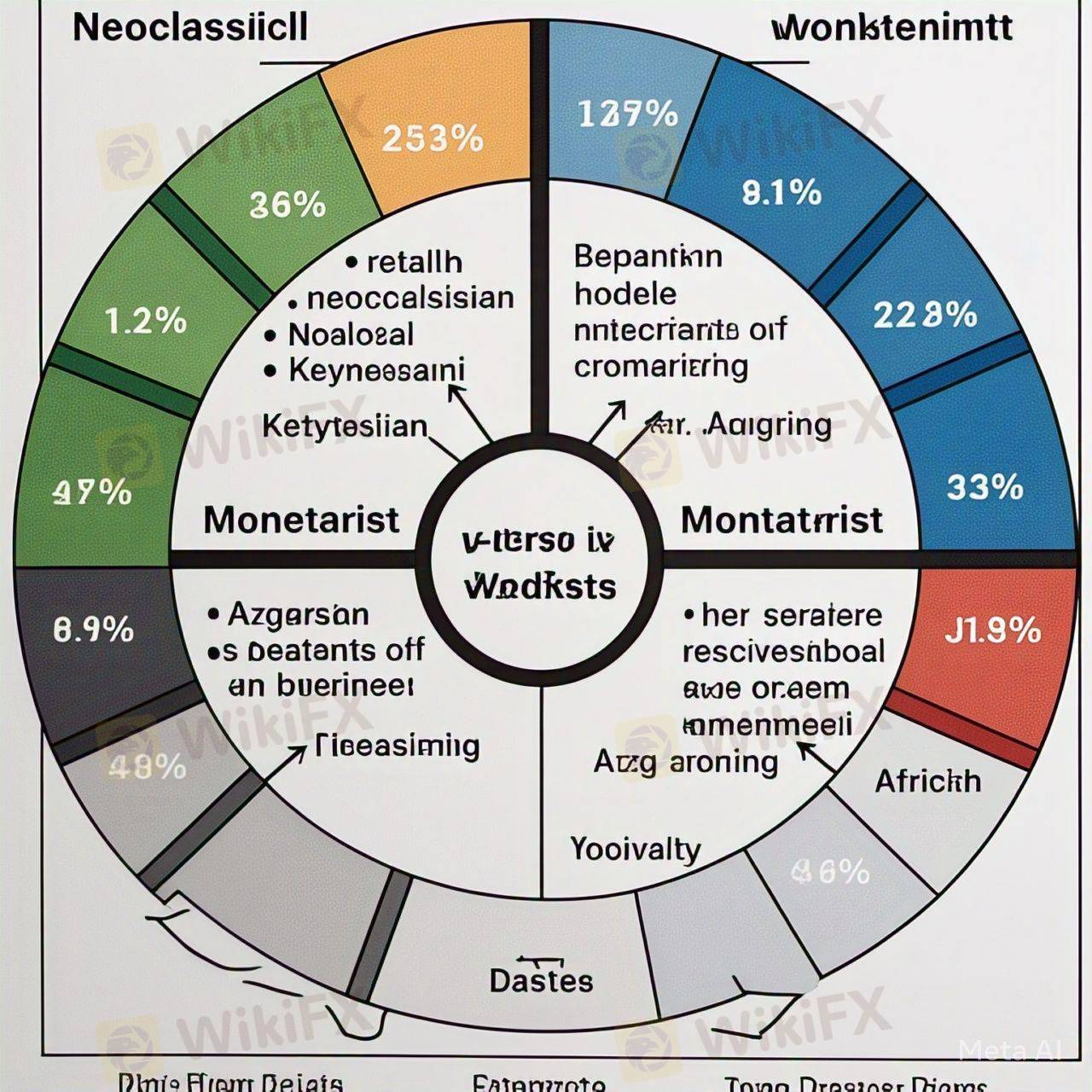
2025-02-14 17:11
IndustryEconomic Models: Strengths and Weaknesses
#firstdealofthenewyearastylz#
Economic models are simplified representations of economic systems, used to analyze and predict economic phenomena. Here's an in-depth look at some popular economic models, their strengths, and weaknesses:
1. Classical Model
Assumptions:
- Perfect competition
- Rational behavior
- Flexible prices and wages
Strengths:
- Explains economic growth and development
- Emphasizes individual initiative and entrepreneurship
Weaknesses:
- Ignores income inequality and poverty
- Assumes perfect information, which is unrealistic
2. Keynesian Model
Assumptions:
- Imperfect competition
- Government intervention
- Sticky prices and wages
Strengths:
- Explains economic fluctuations and instability
- Emphasizes government's role in stabilizing the economy
Weaknesses:
- Overemphasizes government intervention
- Ignores supply-side factors
3. Monetarist Model
Assumptions:
- Money supply determines economic activity
- Rational expectations
- Flexible prices and wages
Strengths:
- Explains inflation and monetary policy
- Emphasizes importance of monetary stability
Weaknesses:
- Overemphasizes money supply
- Ignores fiscal policy and government spending
4. Marxist Model
Assumptions:
- Class struggle and exploitation
- Labor theory of value
- Eventual collapse of capitalism
Strengths:
- Highlights income inequality and exploitation
- Emphasizes importance of social and economic justice
Weaknesses:
- Overemphasizes class struggle
- Fails to provide a viable alternative to capitalism
5. Austrian Model
Assumptions:
- Individual action and subjective value
- Market process and discovery
- Critique of government intervention
Strengths:
- Emphasizes individual freedom and creativity
- Highlights importance of market process and discovery
Weaknesses:
- Fails to provide a comprehensive theory of economics
- Overemphasizes individual action and ignores social and institutional factors
6. Institutional Model
Assumptions:
- Economic activity is influenced by social and institutional factors
- Importance of norms, values, and power relationships
Strengths:
- Highlights importance of social and institutional context
- Emphasizes role of power relationships and social norms
Weaknesses:
- Fails to provide a clear and concise theory of economics
- Overemphasizes institutional factors and ignores individual action
7. Behavioral Model
Assumptions:
- Individuals do not always act rationally
- Importance of psychological and social factors
Strengths:
- Highlights importance of behavioral factors
- Emphasizes role of psychological and social influences
Weaknesses:
- Fails to provide a comprehensive theory of economics
- Overemphasizes behavioral factors and ignores institutional and social context
In conclusion, each economic model has its strengths and weaknesses, and no single model can capture the complexity of economic phenomena. A nuanced understanding of economics requires considering multiple perspectives and models.
Like 0

Frosh202
Broker
Hot content
Industry
Event-A comment a day,Keep rewards worthy up to$27
Industry
Nigeria Event Giveaway-Win₦5000 Mobilephone Credit
Industry
Nigeria Event Giveaway-Win ₦2500 MobilePhoneCredit
Industry
South Africa Event-Come&Win 240ZAR Phone Credit
Industry
Nigeria Event-Discuss Forex&Win2500NGN PhoneCredit
Industry
[Nigeria Event]Discuss&win 2500 Naira Phone Credit
Forum category

Platform

Exhibition

Agent

Recruitment

EA

Industry

Market

Index
Economic Models: Strengths and Weaknesses
 Hong Kong | 2025-02-14 17:11
Hong Kong | 2025-02-14 17:11#firstdealofthenewyearastylz#
Economic models are simplified representations of economic systems, used to analyze and predict economic phenomena. Here's an in-depth look at some popular economic models, their strengths, and weaknesses:
1. Classical Model
Assumptions:
- Perfect competition
- Rational behavior
- Flexible prices and wages
Strengths:
- Explains economic growth and development
- Emphasizes individual initiative and entrepreneurship
Weaknesses:
- Ignores income inequality and poverty
- Assumes perfect information, which is unrealistic
2. Keynesian Model
Assumptions:
- Imperfect competition
- Government intervention
- Sticky prices and wages
Strengths:
- Explains economic fluctuations and instability
- Emphasizes government's role in stabilizing the economy
Weaknesses:
- Overemphasizes government intervention
- Ignores supply-side factors
3. Monetarist Model
Assumptions:
- Money supply determines economic activity
- Rational expectations
- Flexible prices and wages
Strengths:
- Explains inflation and monetary policy
- Emphasizes importance of monetary stability
Weaknesses:
- Overemphasizes money supply
- Ignores fiscal policy and government spending
4. Marxist Model
Assumptions:
- Class struggle and exploitation
- Labor theory of value
- Eventual collapse of capitalism
Strengths:
- Highlights income inequality and exploitation
- Emphasizes importance of social and economic justice
Weaknesses:
- Overemphasizes class struggle
- Fails to provide a viable alternative to capitalism
5. Austrian Model
Assumptions:
- Individual action and subjective value
- Market process and discovery
- Critique of government intervention
Strengths:
- Emphasizes individual freedom and creativity
- Highlights importance of market process and discovery
Weaknesses:
- Fails to provide a comprehensive theory of economics
- Overemphasizes individual action and ignores social and institutional factors
6. Institutional Model
Assumptions:
- Economic activity is influenced by social and institutional factors
- Importance of norms, values, and power relationships
Strengths:
- Highlights importance of social and institutional context
- Emphasizes role of power relationships and social norms
Weaknesses:
- Fails to provide a clear and concise theory of economics
- Overemphasizes institutional factors and ignores individual action
7. Behavioral Model
Assumptions:
- Individuals do not always act rationally
- Importance of psychological and social factors
Strengths:
- Highlights importance of behavioral factors
- Emphasizes role of psychological and social influences
Weaknesses:
- Fails to provide a comprehensive theory of economics
- Overemphasizes behavioral factors and ignores institutional and social context
In conclusion, each economic model has its strengths and weaknesses, and no single model can capture the complexity of economic phenomena. A nuanced understanding of economics requires considering multiple perspectives and models.
Like 0
I want to comment, too
Submit
0Comments

There is no comment yet. Make the first one.

Submit
There is no comment yet. Make the first one.